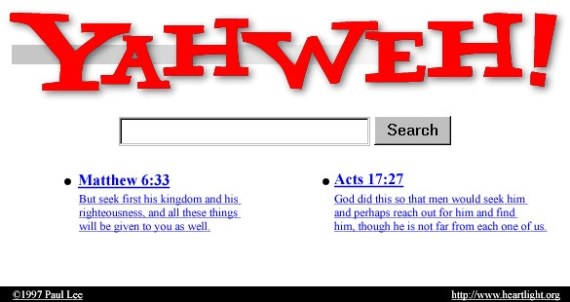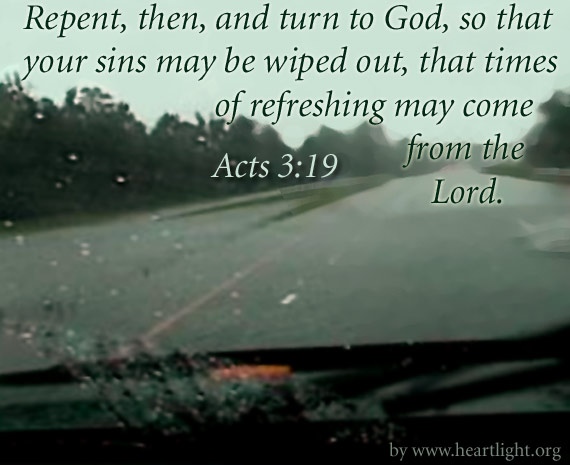Consider Your Ways
The nation of Judah had returned from captivity, and it was the time for the rebuilding of Jerusalem. They were to rebuild the walls of the city, and also the Temple. What began with good, even godly, intentions had begun to be neglected. The people had become concerned with their own priorities instead of with God’s priorities. It is into this scene that the Lord sends the prophet Haggai. Twice he warns the people to stop and think, or in other words, “consider your ways”.
“Thus says the Lord of hosts: These people say the time has not yet come to rebuild the house of the Lord.” Then the word of the Lord came by the hand of Haggai the prophet, “Is it a time for you yourselves to dwell in your paneled houses, while this house lies in ruins? Now, therefore, thus says the Lord of hosts: Consider your ways. (Haggai 1:2-5 ESV)
It is clear that the people had become more concerned with personal desires than what God required. Indeed, this rebuilding of the temple was one of the two main reasons they had been able to come to their homeland at all! God is reprimanding them for not keeping Him as their first priority. It amounted to self-love.
We do much the same today when we fail to follow the command of Jesus to “seek first the kingdom of God and his righteousness, and all these things will be added to you.” (Matthew 6:33 ESV) the problem was not that God was against paneled houses. The problem was that their works showed that their paneled houses were more important than the Temple.
We, individually and corporately, are the temple of the Holy Spirit. When we put on the outward show of having it all together and make sure we look good to others, yet neglect our spiritual walk with Jesus, our temple is in ruins. We, too, must stop and “consider our ways” and rebuild our inner man to be a fitting temple in which He can dwell.
Haggai then gives them a list of things that are going on with them that were supposed to be wake up calls from God but were being ignored.
You have sown much, and harvested little. You eat, but you never have enough; you drink, but you never have your fill. You clothe yourselves, but no one is warm. And he who earns wages does so to put them into a bag with holes. “Thus says the Lord of hosts: Consider your ways. Go up to the hills and bring wood and build the house, that I may take pleasure in it and that I may be glorified, says the Lord. You looked for much, and behold, it came to little. And when you brought it home, I blew it away. Why? declares the Lord of hosts. Because of my house that lies in ruins, while each of you busies himself with his own house. Therefore the heavens above you have withheld the dew, and the earth has withheld its produce. And I have called for a drought on the land and the hills, on the grain, the new wine, the oil, on what the ground brings forth, on man and beast, and on all their labors.” (Haggai 1:6-11 ESV)
Because His house is in ruins, God begins to treat their house like they are treating His! The discipline to which He subjects them is an utter futility in everything they do. They have much to eat and drink, but are running around thirsty and hungry. They earn money but it’s as if there are holes in the money bag. Why? Because God will not, ever, take second place in anyone’s life. He will not be the featured guest of a specific section of our lives. We cannot say “Jesus is Lord” while segmenting Him into a corner, and making other things a priority. God will not tolerate the breaking of the First Commandment. What part of “no other gods” did they not understand? If Jesus is not master of everything, then He is master of nothing. He will not accept divided allegiances.
Are you going through anything described in the verse above? Is there a pattern of diminishing returns in your life? A good, biblical, place to look is in your priorities. Is Jesus really number 1 in your life?
During any period of economic challenge, the church needs to rise up and seek first the Kingdom of God instead of our wants and desires. It is a healthy thing to take time out and consider our ways. Let’s put an end to some of the destructive duplicity and build up the temple of God that is in and among us!









